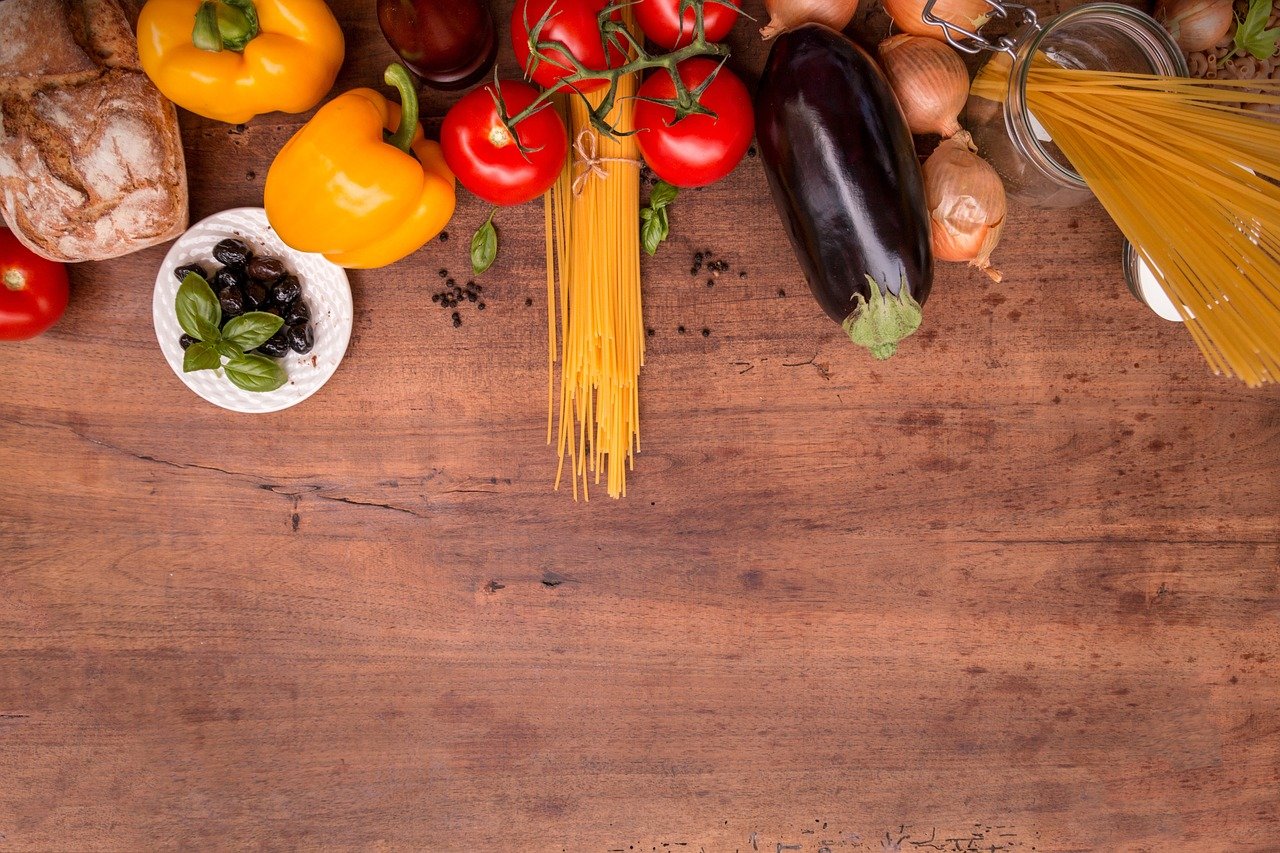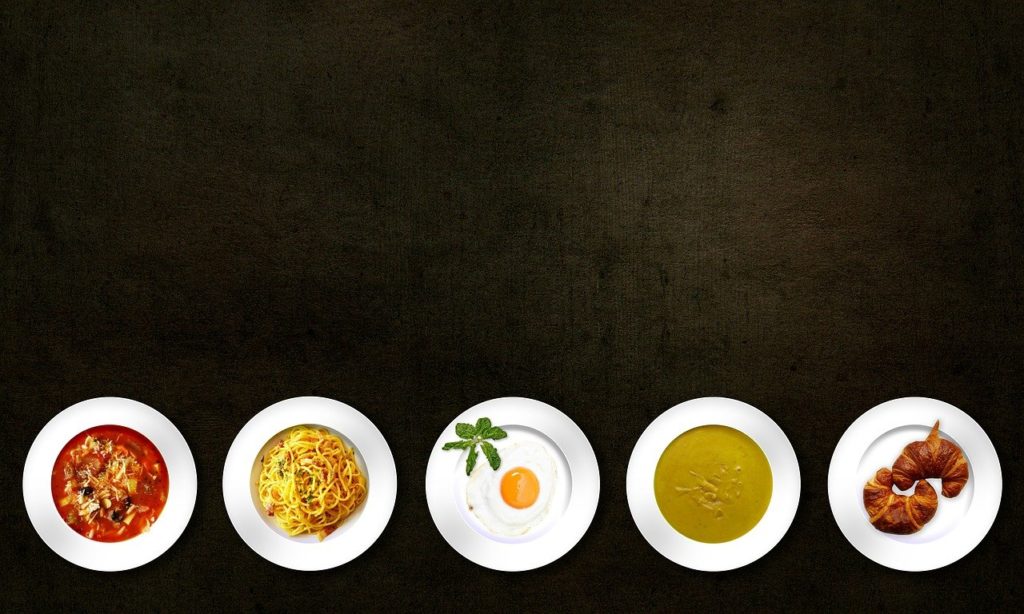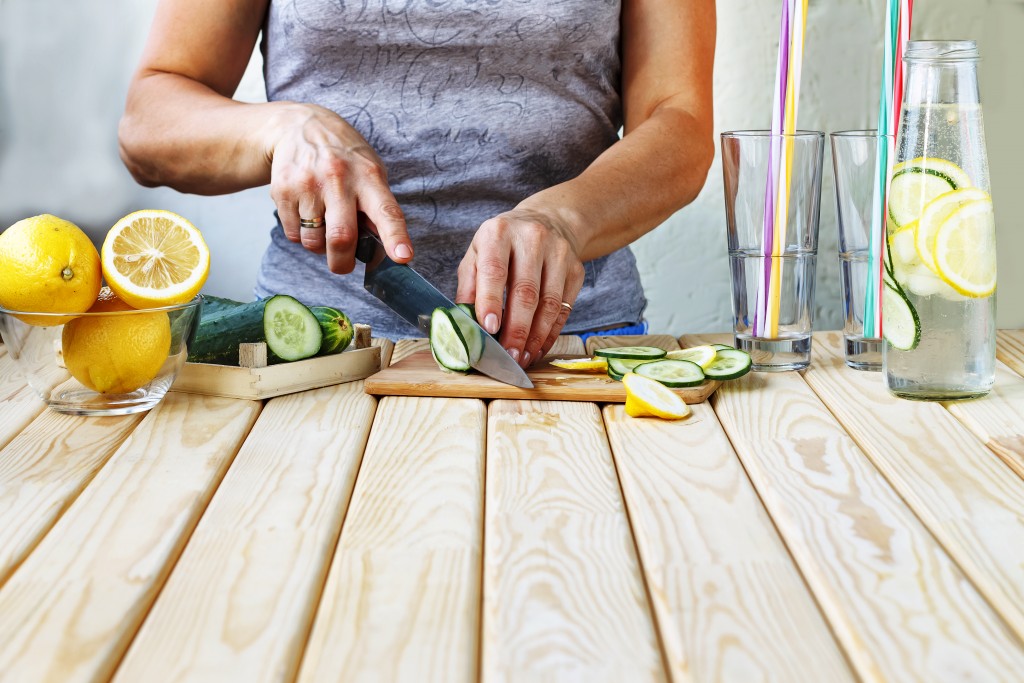The global coronavirus crisis has changed people’s lives this year. Individuals are encouraged to stay at home, avoid outdoor gatherings and leave the house only when necessary.
As the world tries to flatten the curve and adapt to the new normal, many are experiencing stress during these trying times. According to a news report from CNBC, more than half of Americans said that they felt stressed today than before the pandemic.
During this stressful period, many are turning to food for comfort. Emotional eating, however, can be detrimental to a person’s physical and mental health. Stress eating could result in weight gain, feelings of regret and physical discomfort.
If you find yourself heading to the kitchen more often or constantly thinking about your next meal, don’t fret. You can address and curb the emotions that are driving your stress eating.
Take note of six tips to help you conquer emotional eating during these times of uncertainty:
1. Seek Professional Help
Managing stress eating is difficult without the support of people. Rather than trying to tackle this problem on your own, you should consult a professional regarding your condition. Some therapists and eating disorder treatment service providers are offering online services. They’ll assess your condition and recommend solutions to your problem. They can, for instance, come up with a treatment plan for bulimia nervosa or binge eating.
2. Find Other Ways to Keep Yourself Busy
If you’re mindlessly eating a box of pizza or a tub of ice cream due to stress and not because of hunger, then you need a new activity.
Some hobbies you can pick up while at home are the following:
- Create Artwork – Draw or paint stuff that reminds you of the beautiful outdoors, such as trees, white clouds, forest animals and lakes.
- Take a Bath – Can’t go to the spa right now? Fill your bathtub, light up the scented candles and enjoy a warm bath to relax your body and mind.
- Clean the House – Take out your cleaning supplies and tidy up the rooms and living spaces of your house.

3. Stay Connected with Your Friends and Family
Maintaining your social connections is crucial during this time of social distancing. If you’re living by yourself, make time to get in touch with your friends, colleagues, parents, relatives and other individuals who matter in your life. Don’t worry if you can’t meet in person. Have a group Zoom meet or a Facetime gathering and talk about what’s going on with your lives right now.
4. Identify Triggers for Stress Eating
Think about the times when you’re most likely consuming more food than usual. These instances could be anything from watching too many distressing news stories about the coronavirus to a child throwing tantrums during the newly established homeschooling program.
The trigger could also be internal. One example is ruminating about your personal finances (or the financial situation of your family) during the pandemic-induced recession.
When recognizing triggers, take note of these guide questions:
- What kinds of food do I crave? When do I crave them?
- What times of the day am I more likely to stress-eat?
- What situations make emotional eating difficult for me to control?
5. Make Conscious Decisions About Your Food Consumption
Create a plan that discusses two things: what you’re going to eat and when you’ll eat. Challenge yourself to curb those negative feelings that you could be experiencing away from food.
Some guide questions to help you with this plan are the following:
- What changes should I make in my life to avoid a stress-eating episode?
- Will I feel better after eating this type of food?
- Do I actively choose to eat this particular food or is this just stress talking?
6. Do Everything in Moderation
There’s a time and place for everything, including food. Eating too much can be problematic, as this could result in digestive problems and a higher risk of developing cardiovascular diseases, like heart disease and hypertension.
On the other hand, eating less than usual or being too restrictive with your food consumption isn’t a good idea. It could result in a range of health problems, such as increased fatigue and weakened immune function.
Finding balance, therefore, is the key to curbing emotional eating. Remember to eat the foods you like, but in moderation. If you love ice cream, for instance, don’t eat a pint of it every night for the entire duration of the pandemic. You could eat this delicious dessert once a month or during special events like birthdays.
Control stress eating during the coronavirus pandemic. Rather than feel anxious or worried about what the future holds for you, look at the global health crisis as an opportunity to rise above the challenge and practice self-compassion.




